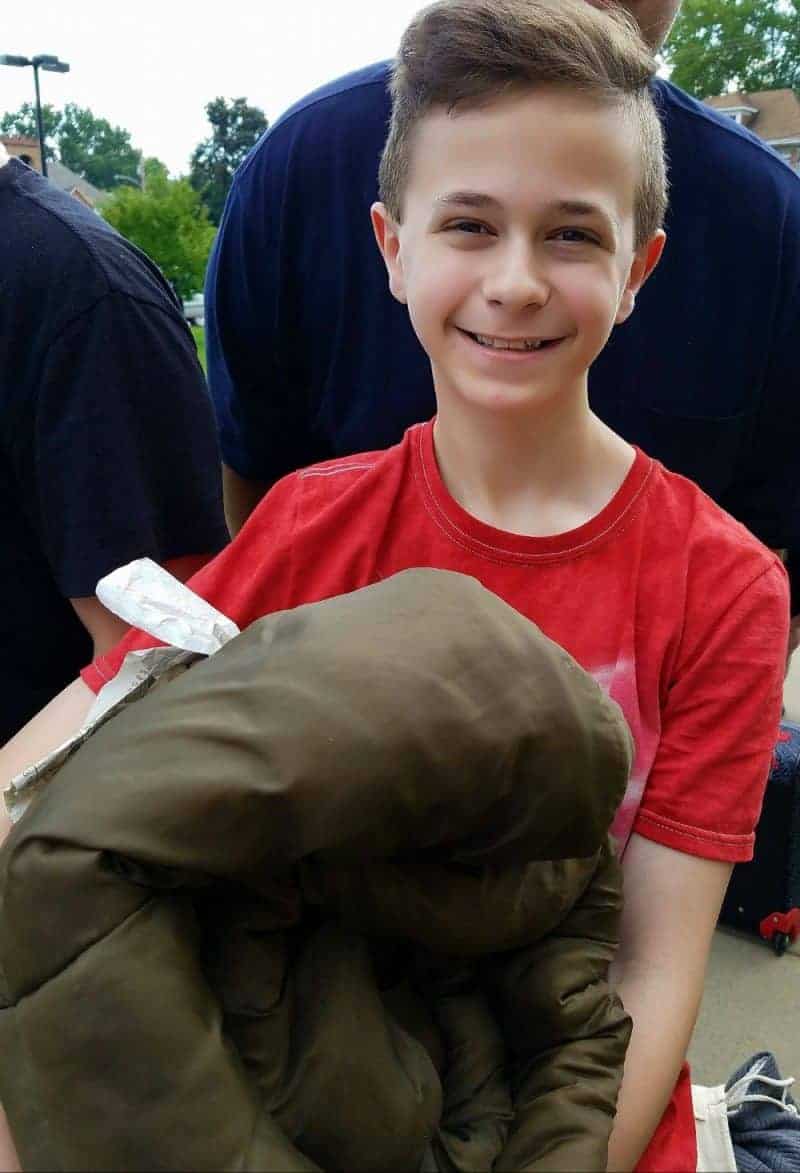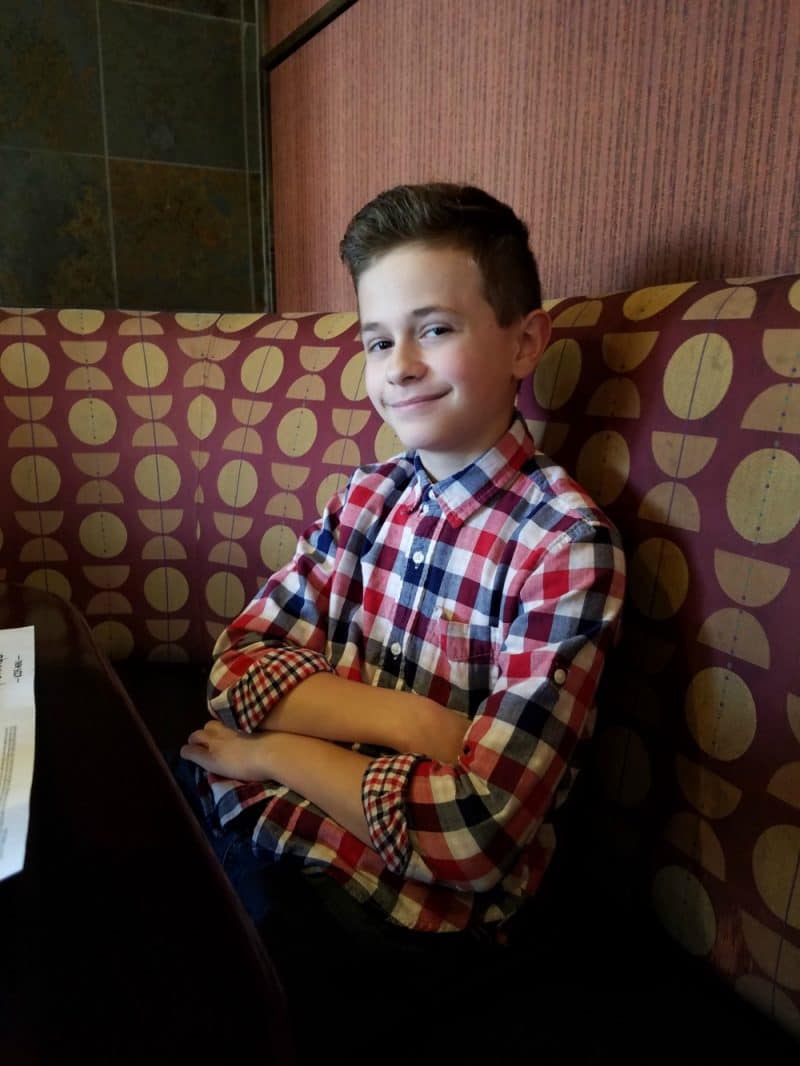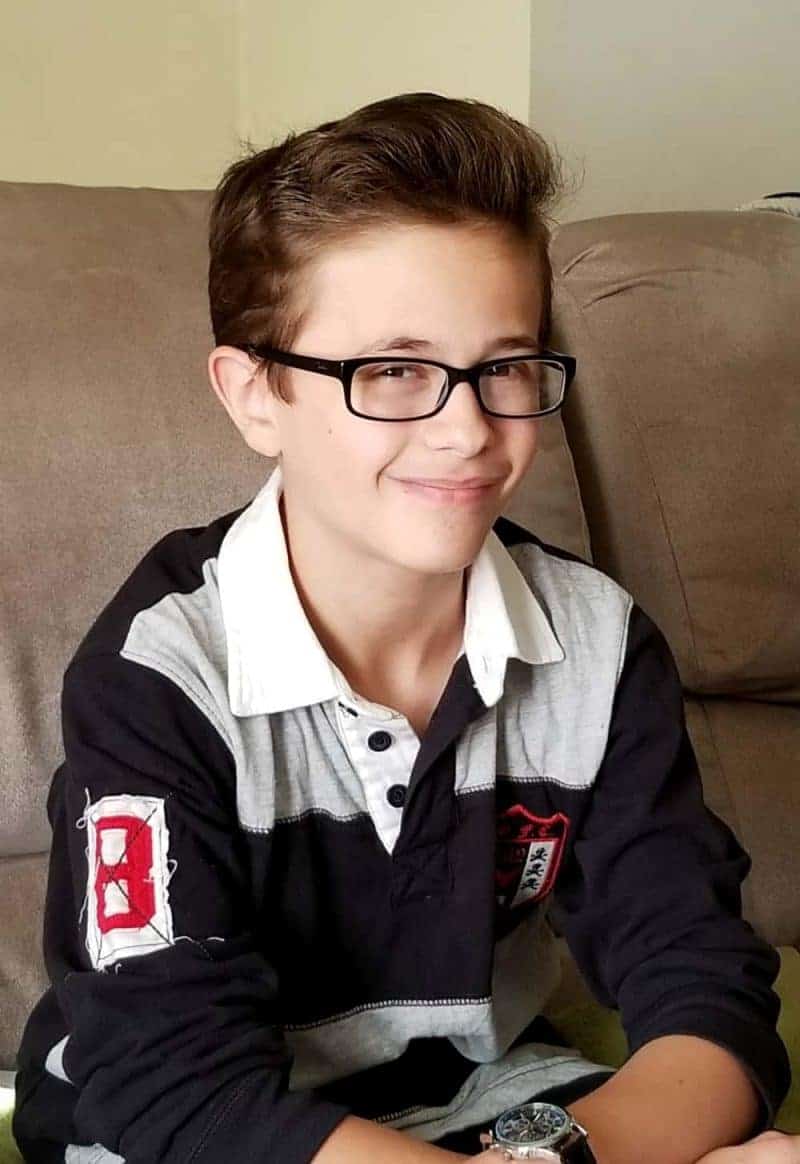How To Talk to Your Kids About Underage Drinking and Why You Need To
Thank you Pennsylvania Liquor Control Board for sponsoring this post. Learn more about how you can prevent underage drinking at KnowWhenKnowHow.org.
Why You Need to Talk to Your Kids About Underage Drinking
Sometimes, being a parent can seem daunting. There is so much to not only do but so many responsibilities and it does not get easier once they are out of diapers. In many ways, that's when everything is just beginning.
I'm not new to parenting by any means but I am always learning something and what I'm sharing with you in this post is information and tools for you, as parents, to engage your child in a discussion before they ever try alcohol or before alcohol use begins. This is one of the most important conversations you can have with them.
Some Facts....
Did you know that underage drinking is a serious problem all across the United States and research indicates that 1-in-3 kids have tried alcohol BEFORE age 8? That to me is absolutely shocking, but the good news is that 80 percent of children feel that you, their parents, play a major role in their decision to drink or not to drink. That’s good news. It means that your influence not only in the form of discussions but as a role model can make a huge difference in their choices and, between the ages of 8 to 11, kids are the most receptive to your input.

You may think that because you either don't have alcohol in your home, or because you keep it secure there are no worries but that doesn't mean that alcohol is treated the same way in the homes of your children's friends; 7 out of 10 parents don’t keep their alcohol secure and that's another reason why it's so important to talk to them now. Exposure and first experiences are starting earlier and earlier and before sleepovers and parties you want to make sure you’ve covered this.
I knew that drinking could be dangerous but I did not know that underage drinking carries serious risks that can impact a child’s development negatively. It can cause nerve cell and brain damage, act as a deterrent for important participation in sports and activities, and significantly increase the risks for alcoholism and other abuse disorders later in life. This is serious stuff that you as a parent can do something about.
Discussing this now, before alcohol use has started, is vital.
Don't Get Overwhelmed

The conversation does not need to be all at once and overwhelming. Instead, break it up into smaller talks and adapt your conversation to your children's learning and communication style. The conversations can take place while you're watching television or out at dinner.
If you see something that sparks conversation, i.e., alcohol consumption or inappropriate behavior, seize that opportunity and turn it into a positive discussion that will help your child long term. Offering the opportunity for open discussion now is key to keeping the door open for discussion throughout the years to come.
My youngest son is a fact guy so that's the route I'll be taking with him. I'll be presenting facts through conversation, not a lecture, and I'll be ready to answer questions. If there's something I'm not sure of, we can look it up together. We look things up together often so this will fit nicely with our usual parent/child flow.
Resources
I found this resource to be extremely helpful, KnowWhenKnowHow.org. It contains positive and informative messages that have helped me to not only be better prepared for these upcoming conversations, but it made me feel more at ease with the thought of them.
I was selected for this opportunity as a member of CLEVER and the content and opinions expressed here are all my own.







